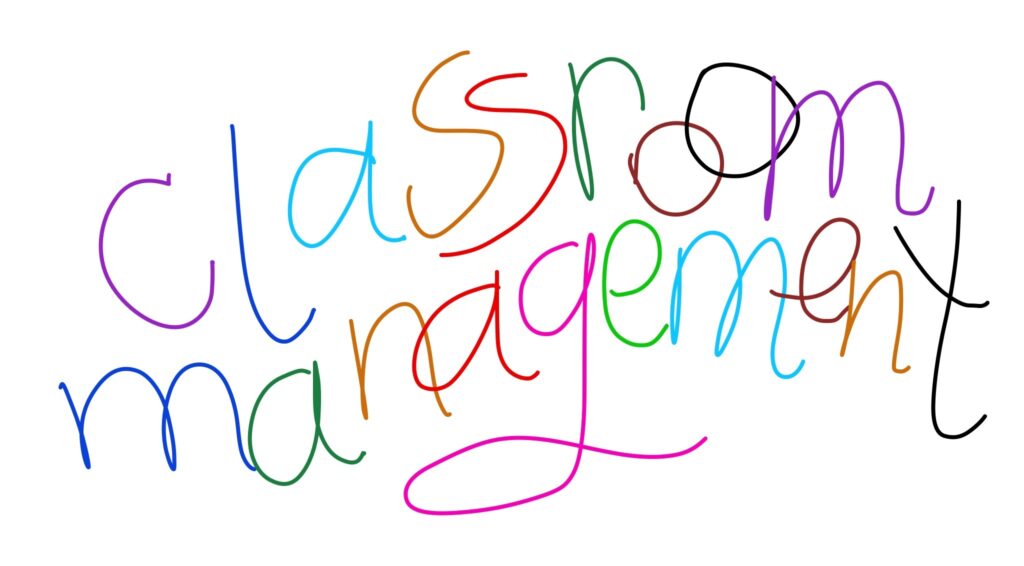Teaching is probably among the toughest professions. It’s not easy to juggle between numerous tasks, not to mention, working with young children, especially with large class sizes. Thankfully, there are planners such as those reviewed at Getlife You Desire that help makes classroom management easier.
You can open Table of Contents
show
Planning is an essential part of being an effective teacher. As seasoned educators note: Good planning is winning half the battle. Once you’ve covered the first prerequisite, you only have to avoid focus on the other half that is: avoiding the most common mistakes of teachers when it comes to classroom management.
Below we list the most common pitfalls to avoid to be a more efficient and effective educator.
Absence of action plan
As mentioned above, planning is vital for teachers. Creating action plans is one way to achieve your objectives and to manage the classroom. Many teachers use paper planners where they can write down expectations and delineate steps that a student can take to be successful. Action plans provide teachers with a quick guide that they can use in disciplining students.
Failure to set and communicate clear expectations
It is important to clearly convey your expectations on your first day of the meeting. Discuss classroom procedures and rules, including consequences for failure to follow rules. Clearly articulate what you want your class to achieve at the end of the school year.
Encourage your students to participate in creating classroom rules so that they are more receptive and participative. Provide students and parents with copies of classroom rules and get them to sign it. This ensures that everyone in the class knows and understands your expectations.
Lack of consistency
Consistency is the secret of an effective teacher, most especially when it comes to classroom rules. Students are hyperaware about how you enforce your classroom rules. Stick to them and be firm when doling out consequences. Inconsistencies can make students feel that you’re unfair. Don’t wait for the time when students will undermine the way you discharge discipline.
Punishing too harshly
Progressive discipline can greatly help in creating an equitable classroom environment. Do not overly punish erring students as it can make a hostile ambiance. Minor offenses should be dealt with accordingly, such as with simple time-offs or talking with the student. Medium offenses should be tackled along with the parents. Meanwhile, serious offenses should be reported to the administration for better disposition. Discipline should also be based on the gravity of offense. It should never be used as a shock-and-awe tactic to scare students.
Creating complex, confusing rules
Don’t impose rules that are as voluminous as our laws. Keep classroom procedures straightforward and easy to understand. If you can keep them to at least five rules, that would be better. Post these agreed rules in areas that are visible to your students. Rules should be framed on the positive rather than negatively as this is more inviting.
 Very long, boring lessons
Very long, boring lessons
Student’s attention span is one of the most important considerations of an effective teacher. Students have an attention span of just around 10 minutes. As such, you should strive to keep your lessons brief, concise and interesting. For long subjects, break the lesson into parts, incorporating various teaching methodologies and a few “brain breaks” in between. Students are also cooperative to group learning and retain lessons well through them. If you have complex concepts to discuss, this instruction method might be helpful.
Not intervening immediately
Some teachers hold off giving disciplinary actions later. They choose to ignore violations thinking that it will just pass. However, not dealing with the problem when it is small can lead to bigger issues. Don’t wait for a small infraction to escalate into a major problem. Address problems when they happen.
Not being firm
As a teacher, it’s normal that you want to be liked by everyone. However, you should not compromise classroom discipline over being nice. Always put in mind that even if you consider your students as your friends, you’re still there as a teacher – and that includes disciplining them. You can be nice to them at the same time firm with what you want. Set boundaries as a teacher and as a buddy. The values that you want to instill in them are primordial and should not be compromised.
Lack of follow-through
One of the most common mistakes of teachers is to discipline students but don’t follow through. Discipline doesn’t stop with handing out a consequence for an infraction. You should follow up on two things: first, that the student accomplished the penalty, and second that the student learned from it. When you fail to make follow up, you’re in danger of not being taken seriously. Students will think that it’s easy to get away from your reprimand. Don’t wait for students to exploit that knowledge.
The first school day is a critical time in your classroom. Avoid these common pitfalls and you’ll enjoy a healthy, happy school year.
READ MORE: The Influence of Top Tutors



















![10 Countries With the Best Healthcare in the World [Statistical Analysis] Countries With the Best Healthcare in the World](https://articleify.com/wp-content/uploads/2025/07/Countries-With-the-Best-Healthcare-in-the-World-1-150x150.jpg)









